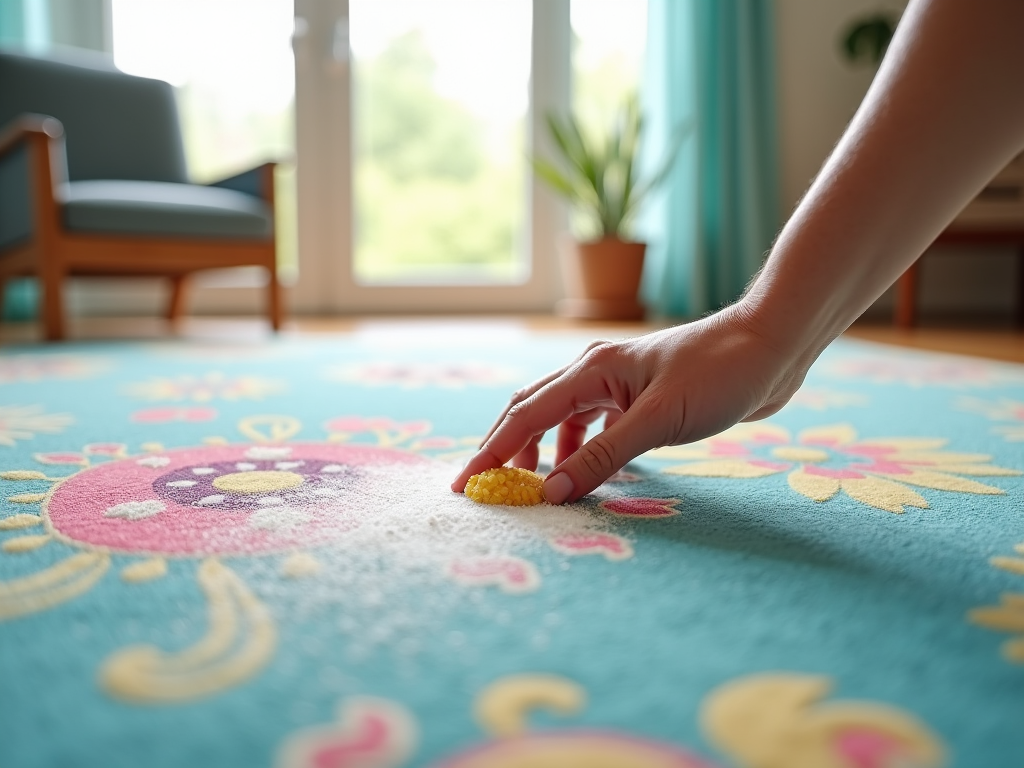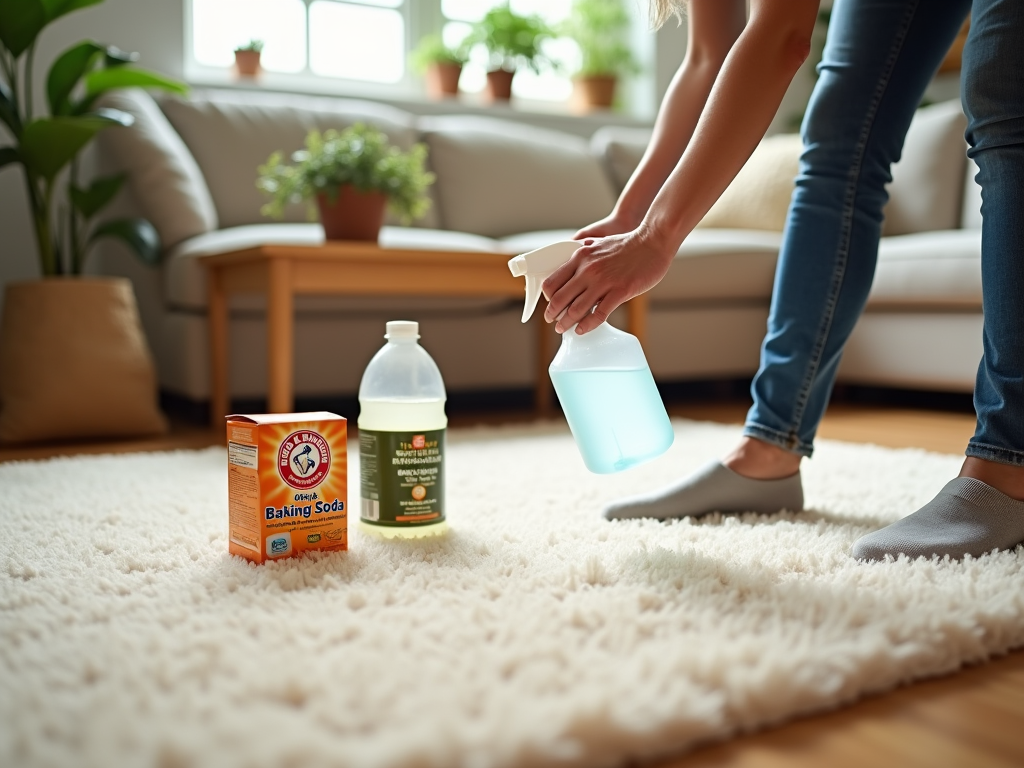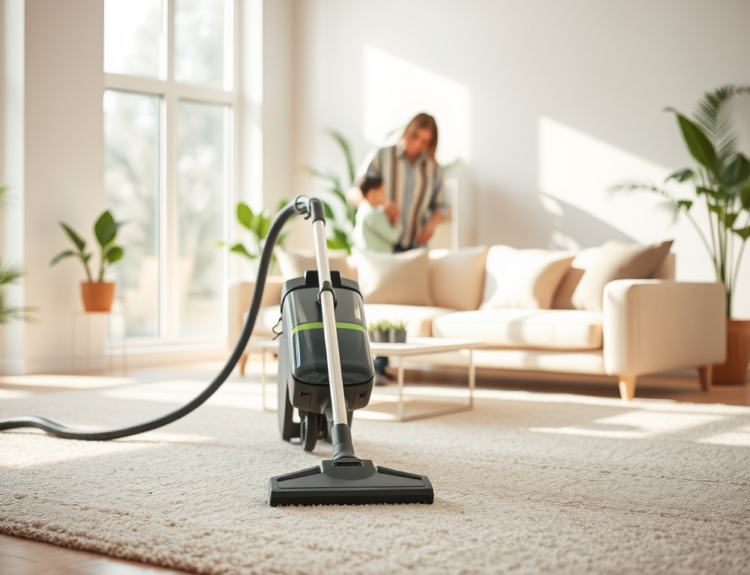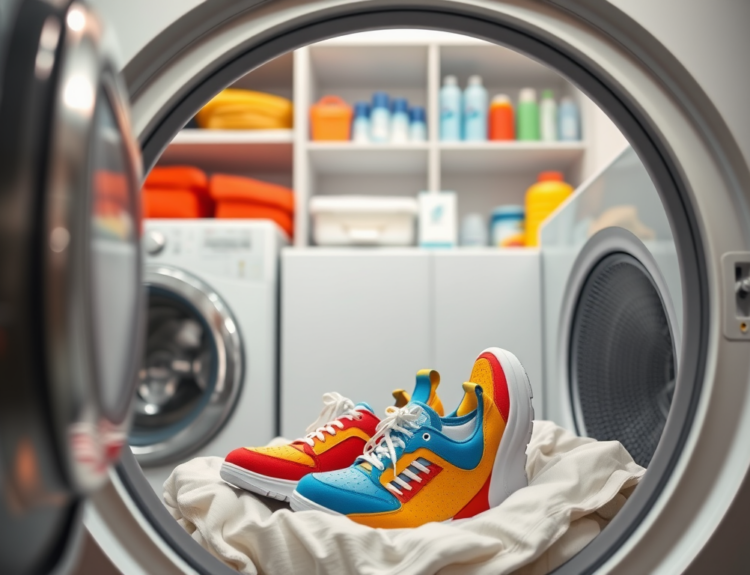Carpets are a cozy and welcoming addition to any home, but they are also prone to stains and dirt. Fortunately, you don’t need to break the bank to keep your rugs clean and fresh. Homemade carpet cleaners are effective, easy to make, and require ingredients you likely already have at home. In this article, we will explore the best homemade carpet cleaners tailored for different types of stains and rugs, ensuring that your home remains spotless and inviting.
Understanding Your Rug Material

Before diving into homemade solutions, it’s crucial to understand the material of your rug. Each type of material—be it wool, synthetic fibers, or natural fibers—requires specific care to prevent damage. Wool rugs, for instance, are sensitive to high pH cleaners and excessive moisture, whereas synthetic rugs are more durable but can still face discoloration from potent chemicals. Natural fiber rugs like jute or seagrass are delicate and need gentle handling to avoid weakening the fibers.
Knowing what your rug is made of will help you choose the right cleaning method and ingredients. By selecting suitable cleaners, you can maintain the integrity and appearance of your carpet, ensuring it lasts for many years. Always check the care instructions for your rug and perform a spot test with any new cleaner on a hidden section, ensuring no adverse reactions occur before tackling the entire stain.
Homemade Carpet Cleaner for General Dirt

The accumulation of everyday dirt is inevitable. A general-purpose homemade carpet cleaner can help maintain the cleanliness of your carpets with minimal effort. One effective solution includes a mixture of white vinegar, water, and a bit of dish soap. This combination is powerful yet gentle, effectively removing mild dirt without leaving residues.
To make this cleaner, mix one cup of white vinegar with two cups of warm water. Add a tablespoon of dish soap and stir until it’s well combined. Pour the mixture into a spray bottle for easy application. Spray the solution on the affected area, let it sit for a few minutes, and then blot the area with a clean cloth or sponge. Rinse with warm water and blot again to remove any soapy residue.
For more stubborn stains like coffee, wine, or pet accidents, a combination of baking soda and vinegar can be extremely effective. These common household staples work together to dissolve tough stains and neutralize odors. Start by sprinkling baking soda over the stain, allowing it to sit and absorb moisture for about 10 minutes.
Next, mix equal parts white vinegar and water in a spray bottle. Spray the vinegar solution over the baking soda-covered area. You’ll notice bubbling as the ingredients react—a sign that the stain is being lifted. Allow it to sit for a few minutes before blotting with a clean cloth or sponge. Repeat if necessary, then rinse with warm water and blot again to remove any residues.
Homemade Cleaner for Pet Stains
Pet stains are notorious not only for their appearance but also for lingering odors. To effectively combat both, enzymatic cleaners are often recommended. However, a simple homemade solution can be created from hydrogen peroxide, dish soap, and baking soda—powerful agents that break down the proteins in pet stains while eliminating smells.
Combine two tablespoons of hydrogen peroxide with a tablespoon of dish soap. Sprinkle baking soda over the stained area first, followed by the hydrogen peroxide mixture. Let it sit for a few minutes to penetrate the stain fully. Blot the area with a clean cloth and rinse with water afterward. This method helps in removing both the stain and the odor, keeping your carpets fresh and clean.
Maintaining Rug Freshness with Homemade Deodorizers
Sometimes keeping your carpet clean is as much about odor and freshness as it is about removing dirt. For this, a homemade carpet deodorizer can work wonders. This can be achieved with a simple mixture of baking soda and your favorite essential oils. The baking soda absorbs odors, while the essential oils impart a pleasant fragrance.
To create your own deodorizer, mix one cup of baking soda with 10-15 drops of essential oil. For a calming scent, try lavender; for something energizing, consider eucalyptus or peppermint. Sprinkle the mixture over the carpet and allow it to sit for 15-20 minutes before vacuuming it up. This technique ensures your carpet smells fresh without masking odors with artificial fragrances.
Conclusion
Maintaining the cleanliness and freshness of your carpets doesn’t have to involve harsh chemicals or expensive products. By using these homemade carpet cleaners, you can effectively tackle common stains and odors with ingredients you likely already have at home. Whether dealing with general dirt, tough stains, pet accidents, or ensuring ongoing freshness, there’s a suitable solution in natural concoctions. Empower your cleaning routine with these sustainable and economical methods to keep your carpets looking their best all year round.
Frequently Asked Questions
1. Can I use vinegar on all types of rugs?
While vinegar is a versatile cleaner, it is not suitable for all rug types, especially for wool or silk, as it may cause damage. Always perform a spot test first.
2. How often should I clean my carpets?
Ideally, carpets should be vacuumed weekly and deep cleaned every 12 to 18 months depending on foot traffic and stains.
3. What if the stain doesn’t come out after one cleaning session?
If a stain doesn’t come out, let the rug dry completely, then repeat the cleaning process or consider professional cleaning services for persistent stains.
4. Are homemade carpet cleaners safe for pets?
Most homemade cleaners are safe for pets, however, avoid using essential oils that can be harmful to animals, like tea tree or eucalyptus oil.
5. What can I do to protect my rugs from future stains?
Consider using a rug protector spray, and enforce a no-shoes policy indoors to reduce dirt and stain accumulation.



